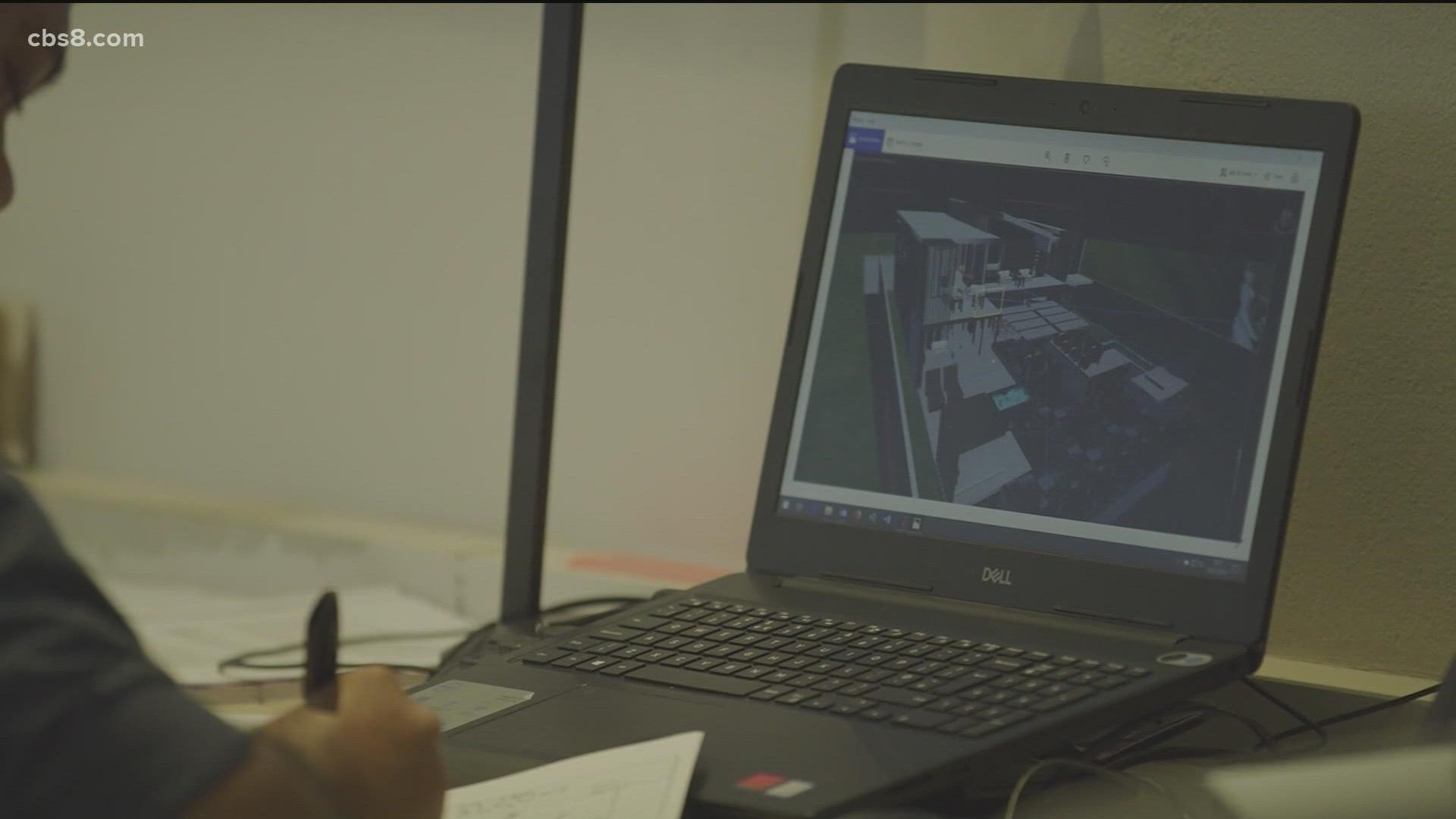SAN DIEGO — Could working from home possibly be working against you?
Research out of U.C. Davis and UNC Chapel Hill found that bosses tend to favor employees who they can see at work, regardless of what they're actually doing.
This research found that managers had a much more positive impression of employees simply by seeing them at work, compared to employees who are working from home: an unconscious bias that translates to everything from higher raises to better promotions.
"The negative effects are going to be worse now as companies are opening up, if part of the work force decides they don't want to come in," said Professor Kimberly Elsbach at the U.C. Davis Graduate School of Management, one of the authors of this study.
'Face time bias,' as it is called, while unconscious, is a real phenomenon.
"You don't have to talk to me, you don't have to know anything about what I'm doing," Elsbach explained. "What we found is, merely seeing somebody at the work site, without having any idea of what they're doing: it leads people to perceive you as more reliable, more dependable, dedicated and committed."
When the worker is spotted also matters, according to the research.
According to the study, a manager who can see their employees at work during their normally scheduled hours, known as 'expected face time,' perceives them as reliable and dependable.
As for those workers who are seen at work early, or late, or on the weekend, when they're not scheduled: "We call that 'extracurricular' face time,' Elsbach told CBS 8. "Then I see you as more dedicated and committed."
This is regardless of whether those employees who are working from home may objectively be performing more work, even though they remain 'out of sight'.
"It's clear that this is an irrational bias," Elsbach added. "It has nothing to do with actual productivity."
However, there are actual consequences, according to this research.
These more favorable perceptions of those employees who are seen at work lead to better performance evaluations, promotions and more raises, compared to those work-from-home employees.
"Part of the problem is that people don't know that they're doing it," Elsbach said, "So, what you want to do is make the negative consequences of it smaller."
To help correct this unconscious bias, she added, companies should consider changing their performance evaluations to measure more objective criteria, and use that as a basis for raises and promotions.
WATCH RELATED: Youth run 'Neighborhood Café' gives on the job training in City Heights (April 2022)

